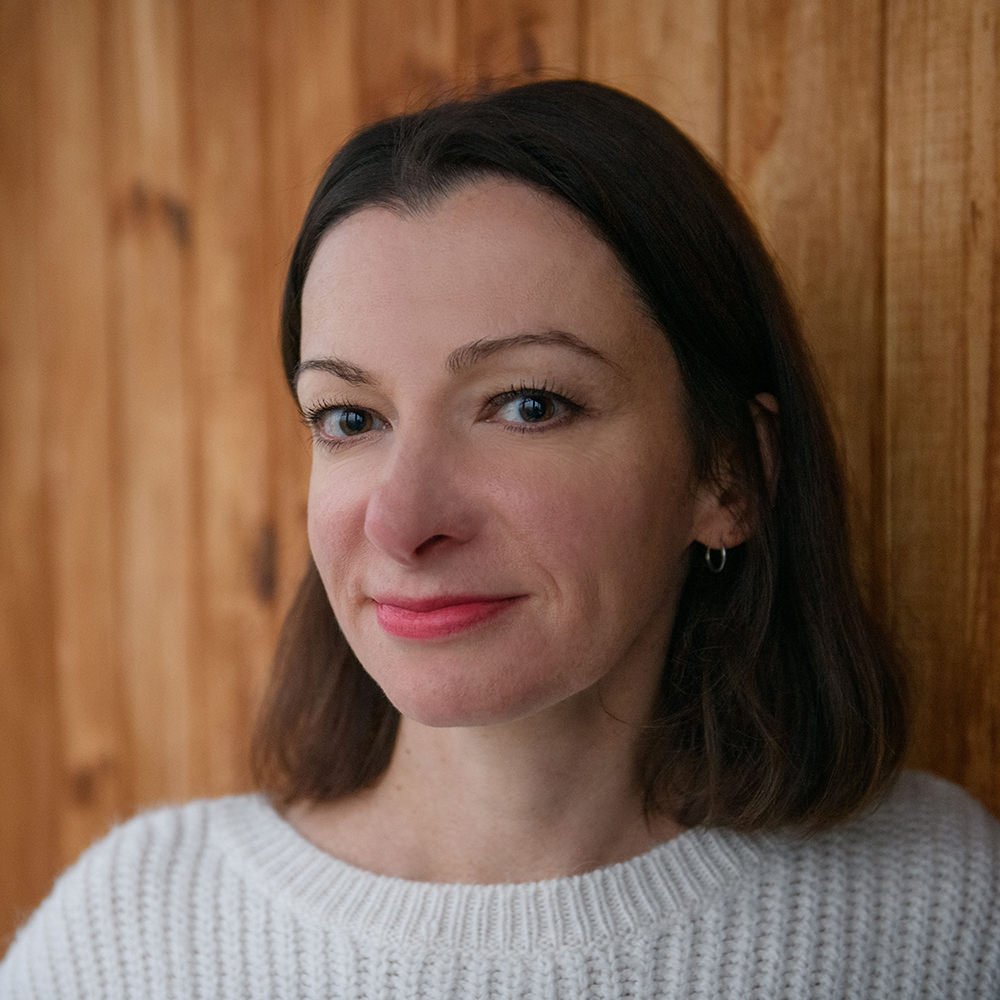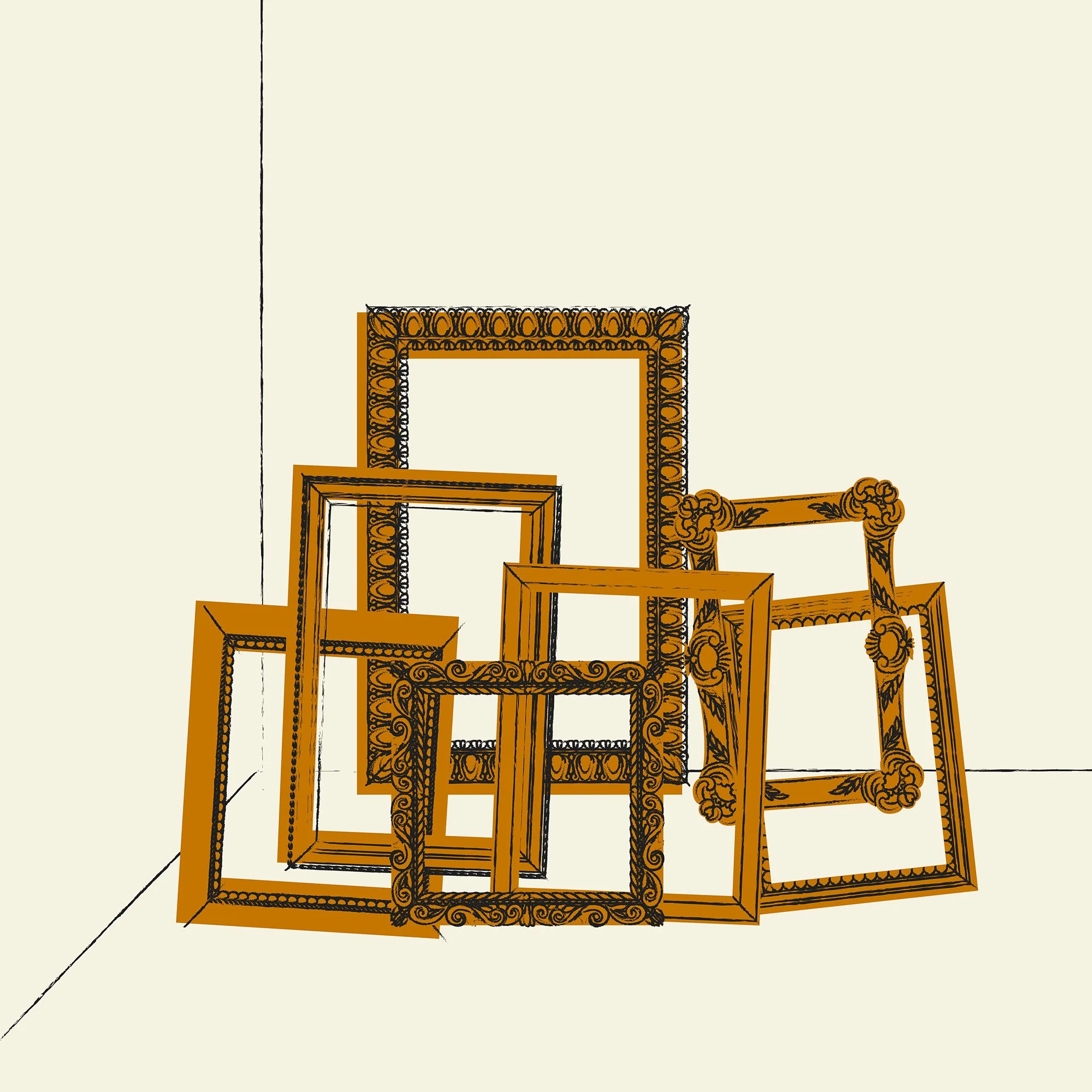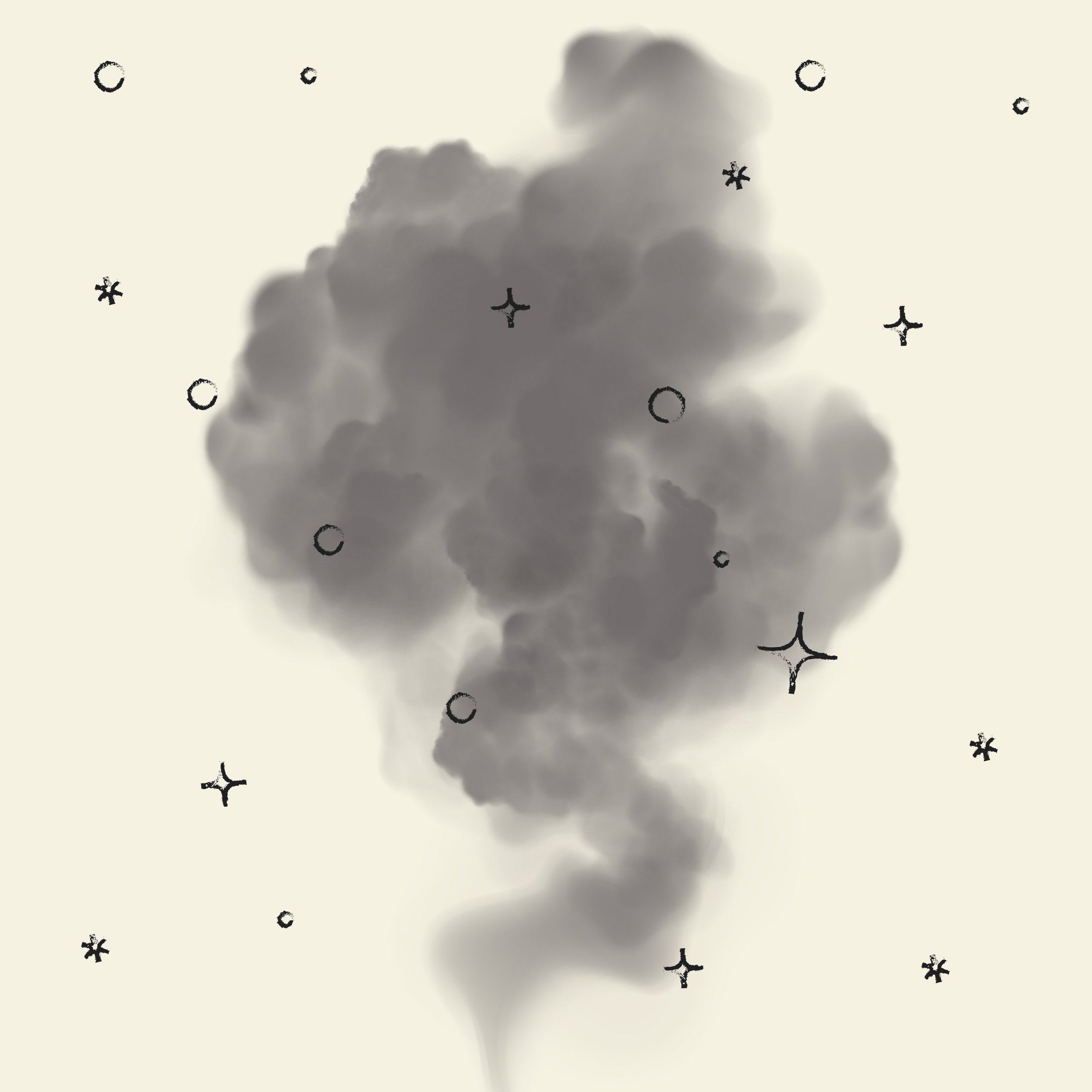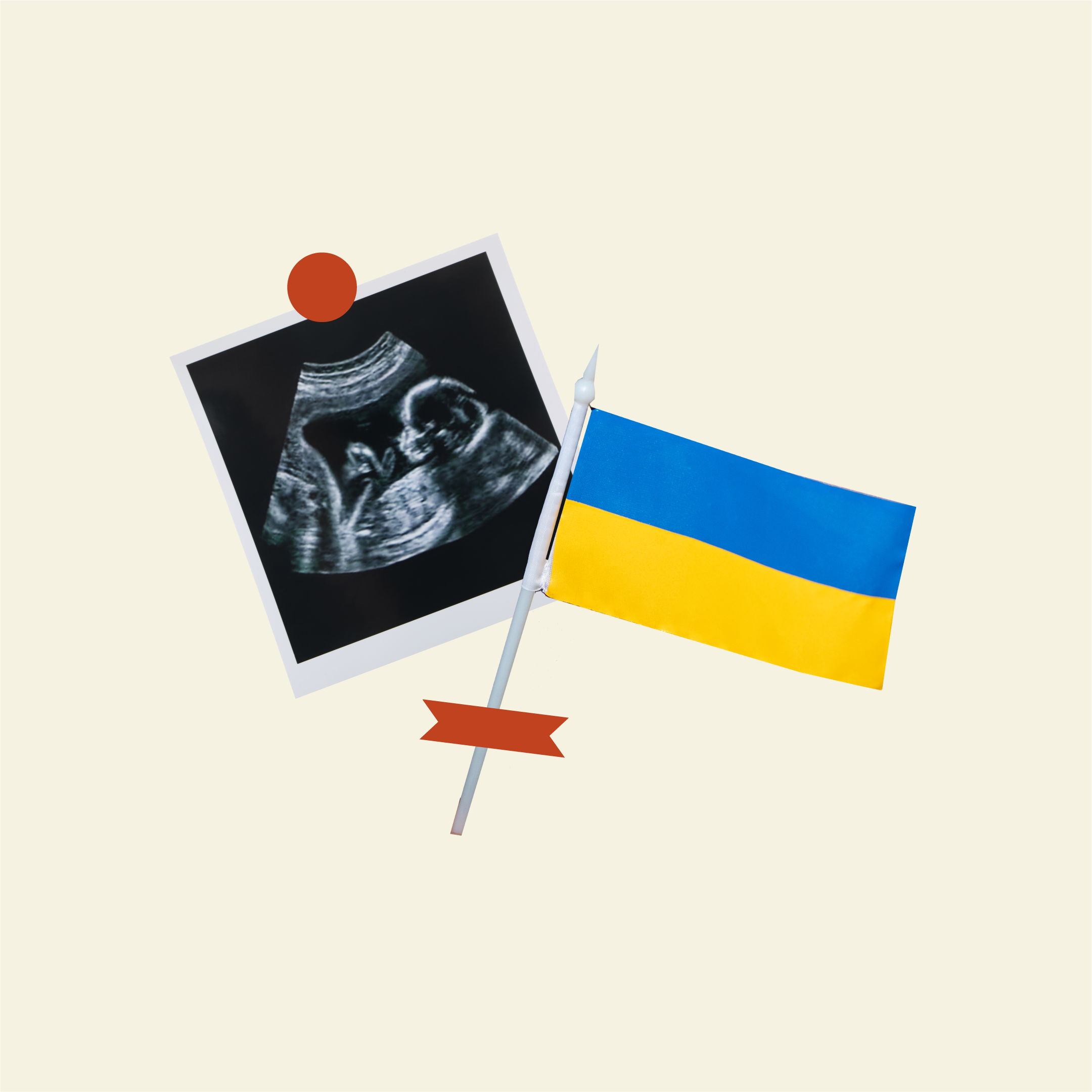What It’s Like to Report on the Destruction of Your Hometown
JULY 27, 2023
The Reporter’s Notebook is our monthly interview series with Dial contributors. To receive these conversations directly in your inbox, sign up for our newsletter.
✺
Kristina Berdynskykh is an award-winning political journalist based in Kyiv whose reporting on aftermath of the Kakhova Dam explosion was featured in our Rivers issue.
(Photo by Olga Ivashchenko)
We published our Rivers issue just a few weeks after the Kakhovka Dam was destroyed in Ukraine, an event that caused catastrophic flooding throughout the city of Kherson, killing over fifty people. Dial contributor and veteran journalist Kristina Berdynskykh was born and raised in Kherson and returned to the city in the immediate aftermath of the flood to document its effects. The city remained under attack from Russian forces, whose shells periodically halted volunteer rescue efforts. Dial intern Eva Kerins spoke with Kristina about her reporting process for this installation of The Reporter’s Notebook.
THE DIAL: You describe how difficult it was to access Kherson after the destruction of the dam, because of the floods and the many journalists walking around the town streets. What was your reporting experience like over the course of those two days?
KRISTINA BERDYNSKYKH: On the first day it was very calm in Kherson. On the second day, there was shelling. It's difficult to work when, from one side you have water, and from the other side you have shelling. Before the shelling began, I spoke with a family who got to Kherson from an occupied territory by boat. They were under occupation and now their home was underwater. I didn’t have time to ask all my questions, because then the shelling began and we had to run to a nearby building to hide. It's difficult when you can't speak with people as long as you want, because you know they want to speak with you.
As a Ukrainian, I was glad that there were a lot of journalists from many different countries. My colleagues from other media outlets took boats to flooded areas of Kherson because they wanted to speak with people who decided not to evacuate their houses. They were just sitting on the roofs of the buildings. But I didn't do that because I was afraid that if I was in the boat and shelling started, I would not have anywhere to hide.
THE DIAL: You write that Kherson received the “brunt of Russian shelling after eight months of occupation,” in addition to the devastating effects of the flood. How did you observe residents of Kherson coping with these impossible circumstances?
KB: It's very difficult for people. I still have relatives in Kherson, and I visited them after Kherson was liberated in November. At the time, the city was without electricity, without water, without heating, without anything. But people were so glad that they were part of “Ukraine” again. It was like euphoria or something—total celebration. But then Russia began shelling every day, and Kherson and its people were waiting for the occupied left bank of the Kherson region to be liberated. And that's why people are just waiting, waiting, waiting. For some people, it's just to show Russians that you can't kill us.
Now when you come to Kherson, the streets are almost empty because people go to the market, to the bank, maybe to the supermarket, to shops, but they don’t go to the park, to spend time with friends, they’re sitting at home because they are hiding from shelling. Every day in Kherson we see new destruction and we don’t know how long it will continue. I am afraid about the future of the city, because I don’t know how many people will want to go back. That’s why, on the one hand I’m very proud of my hometown, because people show resilience and hope that demonstrates that they are ready to fight for Ukraine. But on the other hand, the situation is really hard and depressing, because we don't know how many people will return to Kherson, or how many people will survive. The shelling continues every day.
THE DIAL: Kherson is your hometown, but you still live in Kyiv. What is it like to be split between these two places? How does that affect the way you report on the flood?
KB: From my childhood, I wanted to escape Kherson. It’s just a provincial town, and I dreamed of moving to another city. I have lived in Kyiv for the last sixteen or seventeen years, since around 2007. And five years ago my mom moved to Kyiv from Kherson, and I thought that was the last time that I would be in the city. I just broke any connection with my hometown, and I forgot about Kherson.
When Kherson was occupied in March of last year, something broke inside me. You can’t explain this feeling of your childhood, your hometown, being occupied. You feel this connection with land that I don’t know how to explain. And when I saw in the spring that people in Kherson went to protest the occupation—people gathered together and they went to the streets with Ukrainian flags just to show the occupiers that we don’t want to see them in our town. I was so proud of my hometown, and I realized that there was a lot I had yet to understand about it. That’s why I decided that when Kherson was liberated, I would return to rediscover my hometown.
I went to Kherson in November and spent one week there. This time, when I was there during the flood, it was something special: Volunteers, police, rescue workers, were all there to help. Everyone tried to help each other.
THE DIAL: What do you think about how international media covers Ukraine? As a local correspondent reporting from different regions in Ukraine, how do you view the foreign correspondents covering the war?
KB: It’s very important right now that we have a huge presence of journalists from all over the world in Ukraine. I think sometimes people don’t trust Ukrainian journalists, but they trust the journalists from their country. And I know it’s very important for other journalists to work on the front line, and they risk their lives. Last week, I was in France, and I had a discussion with some French television journalists about journalistic standards, about why some outlets also give a voice to the Russian government to express their opinion about what happened with the Kakhovka Dam, with Mariupol and Bucha. Journalistic standards demand that we show both sides.
But the full-scale invasion has been going on for sixteen months, and the Russian government has not told the truth once. And if you give them space, you should explain, yes, this is their position, but we know that this person didn’t tell the truth.
THE DIAL: How have you come to think about the destruction of Kherson within the larger devastation of the war?
KB: Over the past sixteen months, we have seen many examples of peaceful cities that have been completely destroyed, like Bakhmut, a town in the Donetsk region. We have a lot of towns like that. Kherson still has life. They have markets, shops, even cafes. In some ways, the town continues to operate. My relatives live there, one in a private house, one in an apartment building, and their houses are not destroyed. But many buildings were damaged, you see this destruction, but it’s still possible to live there and try to live a normal life. But it’s not normal life, of course.
THE DIAL: One of the things I found most striking about your piece for The Dial was how you speak about preserving life even under the most dire circumstances. That these recovery efforts even included goats and chickens, that journalists were able to gather at cafes. You end your piece with a very moving reference to the eighty children born in one of the city’s hospitals since the flood. What do you think life will look like when the news crews have departed and the flood waters have diminished? What are the long-lasting effects of life in Kherson?
KB: I was born in that hospital, my brother was born in that hospital. It’s just three minutes from the house where we lived. After it was shelled, I spoke with the head of this hospital. I thought the maternity ward had been closed after the shelling began, but he told me, “No, we’re still working. And a lot of kids were born.” For me, this isn’t about journalism. It’s about life, how after so many deaths, life persists. I think there will be some fairness in the future. As a journalist, I try to think in a rational way: How many people are left in Kherson? How many young people? Will they go back? Will there be money? Will there be workplaces someday? But also I have hope as a Ukrainian, that something very good should happen to this country, this town, after all of that. But it’s hope. It’s not something rational.
✺ Interview conducted by The Dial in conjunction with “Issue 6: Rivers”
KRISTINA BERDYNSKYKH is an award-winning political journalist based in Kyiv. Previously a correspondent for NV magazine, her writing has appeared in the Financial Times, Liberation, Stranger’s Guide, and Sydsvenska Dagbladet. From 2013-2014 she created e-People, a social media project about participants in Ukraine’s Euromaidan Revolution that later became a book. In 2022 she was named as one of BBC's top 100 women who influence and inspire the world.
EVA KERINS is a writer pursuing a career in literary publishing and journalism. She recently completed her B.A. in English at the University of California, Berkeley, with a special emphasis in postcolonial world literature and classical studies. Her work has been recognized in Matchbox Magazine and You Might Need to Hear This Literary Magazine, and she has received the SURF Fellowship Award and recognition in the Dickinson Critical Institute for the Emily Dickinson International Society.





